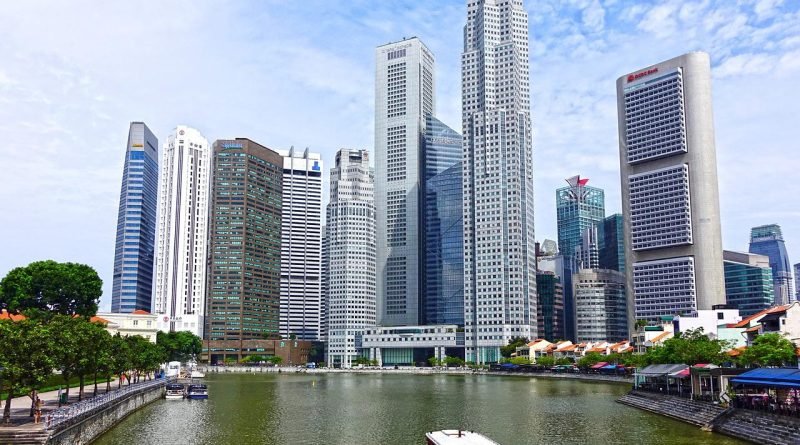4 Things you Must Know before Studying in Singapore
Singapore is an ideal study destination for many students, especially those from Asian countries. However, there are 4 things you need to know before going to study in Singapore.
1. Singapore Higher Education Environment
Singapore has 6 national universities and a number of polytechnics, of which the following 3 national universities are relatively well-known in the world:
- National University of Singapore (NUS)
- Nanyang Technological University (NTU)
- Singapore Management University (SMU)
The National University of Singapore and Nanyang Technological University have long been ranked among the top 100 universities in the world and the top 10 in Asia in the university rankings released by various institutions. SMU is also ranked among the best in the business sector.
2. How to apply to universities in Singapore?
If high school graduates wish to study in Singapore, the application channels mainly include the following two:
– Use school grades
Applicants who apply to individual schools based on their home country’s academic test scores usually need to attach an English proficiency test certificate such as IELTS or TOEFL and school transcripts.
– GCE A-Level exam
Applicants can also choose to participate in the local GCE A-Level (A-level) examination in Singapore, and use the results of the examination as the main application basis.
What is the GCE A-LEVEL exam?
The full name of GCE A-level examination is The Singapore-Cambridge General Certificate of Education Advanced Level examination. The test results can be used to apply to local universities in Singapore, and it is also recognized by many countries in the world, among which the universities within the scope of the British Association generally recognize the effectiveness of the A-LEVEL test. Here are a few key pieces of information about the GCE A-level exams:
– Basic qualifications: At the age of 17, graduated from high school.
– Application fee: Fees vary depending on whether you have Singapore Citizenship, Singapore Permanent Residency, or General International Student Status. In addition to the basic registration fee, individual fees will be charged according to the actual application subjects.
– Exam schedule: The Ministry of Education of Singapore will release the examination information of the current year in February each year, and registration will be accepted in March. Between June and December, the subjects for international candidates to apply for are mainly arranged in October to November.
– Test subjects: Some subjects of GCE A-level exam will be divided into H1 and H2 papers according to the difficulty level. There will be differences in the examination time arrangement and cost. Each candidate can apply for the examination at most 5 H1 subjects + 3 H2 subjects, or 3 H1 subjects + 4 H2 subjects, so before applying, be sure to understand the subjects that your ideal school will refer to before choosing!
2. What is the approximate level of local tuition fees?
The tuition fees of universities in Singapore vary depending on the school nature and the department studied. The annual tuition fee for the general department (except medicine and dentistry) of the National University is about SGD 30,000 to SGD 40,000. It is worth noting that in order to encourage higher education by the Singapore government, the Ministry of Education will provide a student scholarship program for national universities/colleges. Although the subsidy rate will vary depending on whether they have citizenship and permanent residency, general international students can still receive nearly half of the tuition subsidy, but it should be noted that if you choose to apply for a government scholarship, you need to commit to working in Singapore for 3 years after graduation.
3. What do I need to prepare for a student visa?
The documents and procedures required to apply for a Singapore student visa will vary depending on the institution where you study abroad. The following is an example of applying for a Singapore student visa:
– Required documents
- University Entrance Permit
- Passport within the validity period
- Personal information (including country of residence records, educational experience, financial proof, and contact information)
- Basic information of parents
- Address and contact information in Singapore
- ID photo within the past 3 months
– Application Procedures
The application can be completed overseas through the e-Service system of the Immigration Bureau of Singapore. It is recommended to apply at least 1 month before the start of the semester.
– Application fee
SGD 30, if the application is not approved, the money cannot be refunded. You can use VISA/MasterCard credit card or debit card to pay online.
4. Working hours
If you are from a country that allows you to travel to Singapore without a visa, you may get the application result within 5 working days; if you are from a country that requires a visa to travel to Singapore, it will take 10 working days (the day you submit the application is not included). Among them, the review time may be longer in July and August due to the close of the school year. It is recommended to apply as soon as possible.




